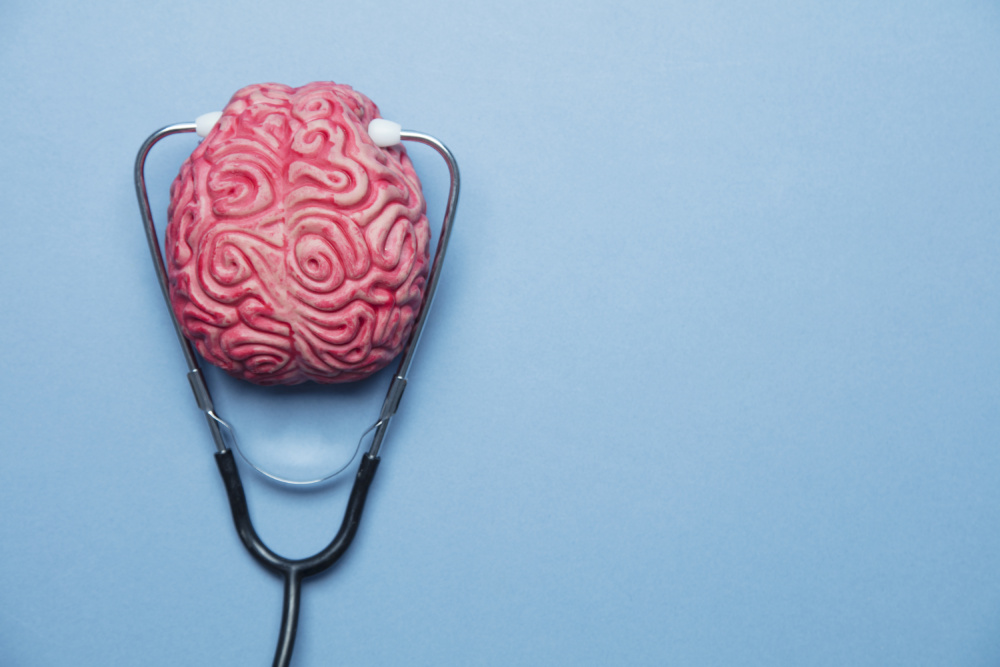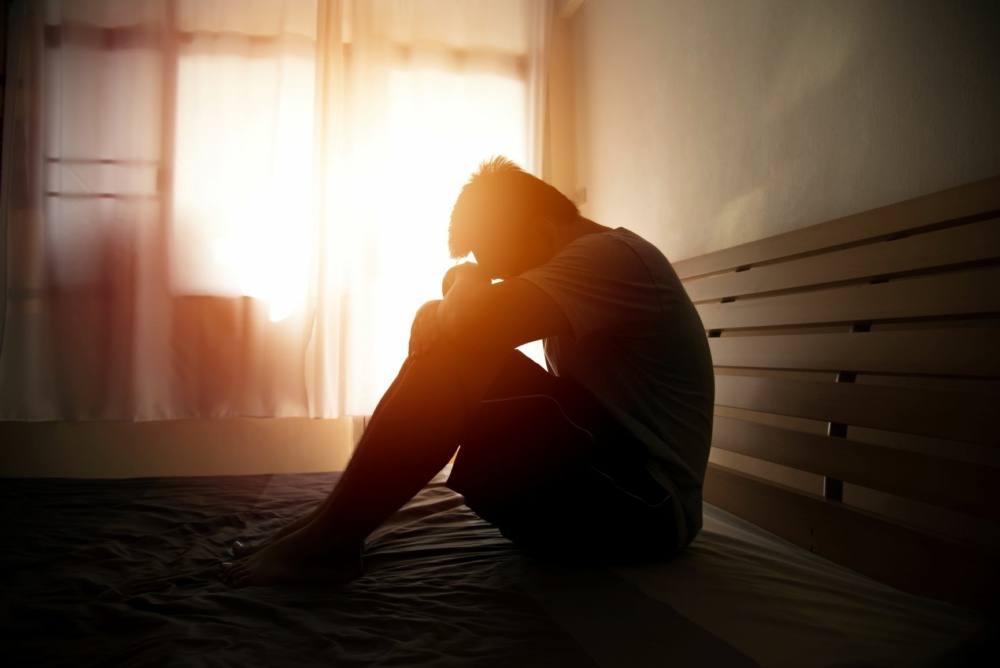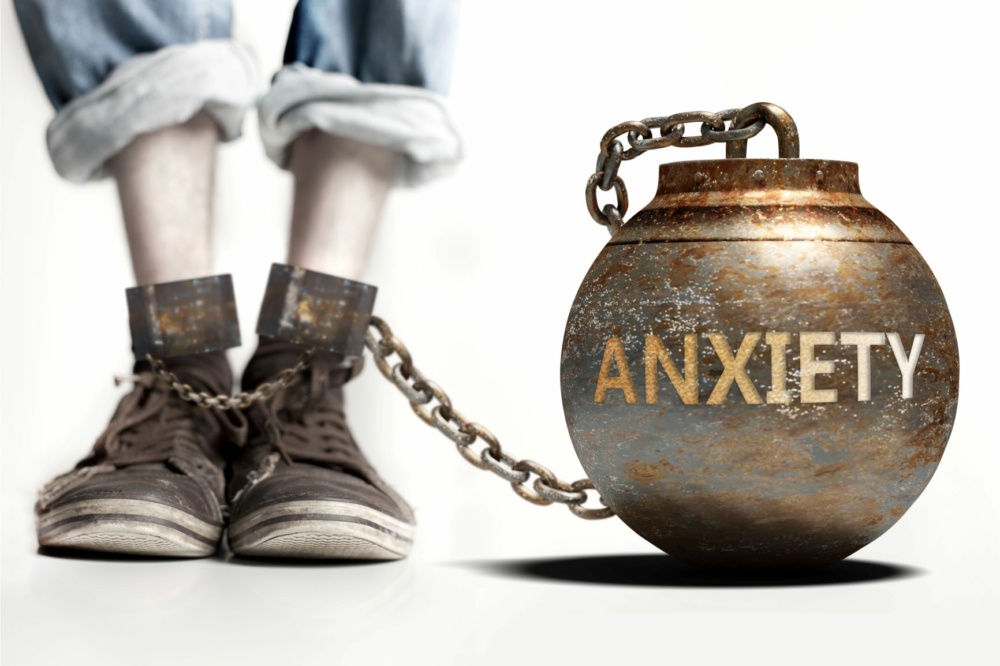March Mental Health Corner

According to the Substance Abuse and Mental Health Services Administration’s annual survey, the percentage of US adults reporting any mental illness has hovered between 17% and 21% for the past decade. This includes depression, anxiety, eating disorders, and any other self-reported mental or neurological disorder. That was before COVID-19 was thrust into our lives.
A recent (June 2020) survey from the Centers for Disease Control reported “considerably elevated adverse mental health conditions associated with COVID-19.” The CDC survey found that almost 41% of the respondents reported an adverse mental or behavioral health condition, including symptoms of anxiety disorder or depressive disorder, trauma-related symptoms, new or increased substance use, or thoughts of suicide. The prevalence of anxiety and depression symptoms were substantially higher than reported in 2019, and people with preexisting (clinically diagnosed) psychiatric disorders reported an even higher prevalence of symptoms compared with those without an established diagnosis.
In the famous words of astronaut Jim Lovell (played by Tom Hanks in the movie Apollo 13), “Houston, we have a problem!” The pandemic, along with the resulting loneliness, isolation, fear, stress, financial problems, etc., is having a dramatic effect on the mental well-being of people from all walks of life, regardless of age, gender, economic status, or socioeconomic factors.
Elderly people are not only more susceptible to having serious physical effects from COVID-19, but they are also more prone to mental illness. Healthcare professionals are undergoing tremendous stress and fear. Working parents are dealing with the financial stress from the pandemic, while also worrying about the safety and well-being of their children. Children and teenagers are suffering from extended separation and social disconnection.
During the pandemic, there is also a higher level of mental health issues among our college students. Various stressors resulting from COVID-19 have contributed to increased levels of stress, anxiety, and depressive thoughts among students. Surveys have reported fear and worry about their health and their loved ones, difficulty in concentrating, disruptions in sleeping patterns, decreased social interactions, and concerns about academic performance.
In my practice, I am seeing all of this. I am particularly concerned about special needs children and their parents. In many of my special-needs patients, I have seen a significant increase in verbal and aggressive outbursts, impulsivity, intense feelings of sadness, anxiety, loneliness, and loss of control. They do not seem to be progressing as well in the virtual learning environment either. Many of the parents of special needs children that I work with have felt isolated, stressed, and extremely anxious since the quarantine. Over the past 6 months, the parents of my bipolar children say things like, “I have a constant feeling of walking on eggshells.”
Persistent stress can exacerbate symptoms of mental health conditions. The ongoing stress of the pandemic has had a significant negative effect on people who otherwise might have effective coping strategies. Chronic loneliness, like the social disconnection we are experiencing during the pandemic, is having a detrimental impact on our mental health. As a result of all this, psychiatrists and clinical therapists are seeing more depression, anxiety, substance abuse, behavioral problems, and even suicide.
We will get out of this pandemic, but it may not be for several more months. In the meantime, we need to deal with the situation at hand and use the strategies that will help us get through these trying times. Here are a few suggestions to consider:
- Don’t Isolate – a difficult challenge for some, given the social restrictions caused by COVID-19. Now (more than usual) use the phone, Skype, FaceTime and Zoom to stay in touch with family and friends.
- Exercise – it has been shown that regular physical exercise can help prevent or reduce the symptoms of depression.
- Improve your skills – use the extra downtime to improve your work skills. Take an online course or work on your hobby.
- Avoid Excessive Drinking – Alcohol is a depressant. It can exacerbate negative feelings.
- Seek professional help – if the emotional and/or behavioral issues persist, reach out to mental health specialists, just like you would contact a physician if you had a medical problem.
If your mental health is being affected by the pandemic, consider contacting a psychotherapist for evaluation and clinical therapy. Your therapist will help you identify the causes of the negative symptoms. Your therapist can also help you use your strengths to find strategies, coping skills, and stress management to improve your mental health during this challenging time.
We will all get through this, but it may require that we get help when it is needed. Taking care of our mental health is just as important as taking care of our physical health. Just remember . . . even though it may not feel like it sometimes . . . you, me, us . . . we are not alone.
Deborah Levi Lane, LCSW is a clinical therapist in private practice in San Antonio. She provides individual and group psychotherapy to children, adolescents, and adults, specializing in the treatment of patients with bipolar disorder, depression, anxiety, and other mood disorders. For more information, please contact Deborah at 210-326-4294 or email DeborahLaneLCSW@gmail.com You can also visit her website at www.DeborahLaneLCSW.com.
Read more on mental health by clicking here.







Recent Comments